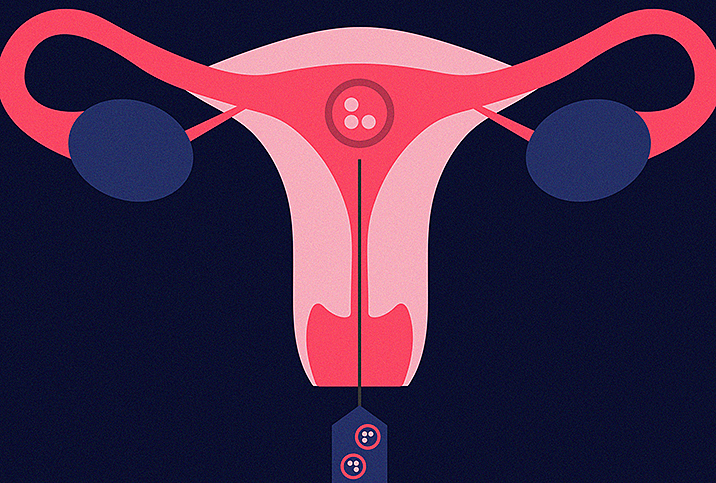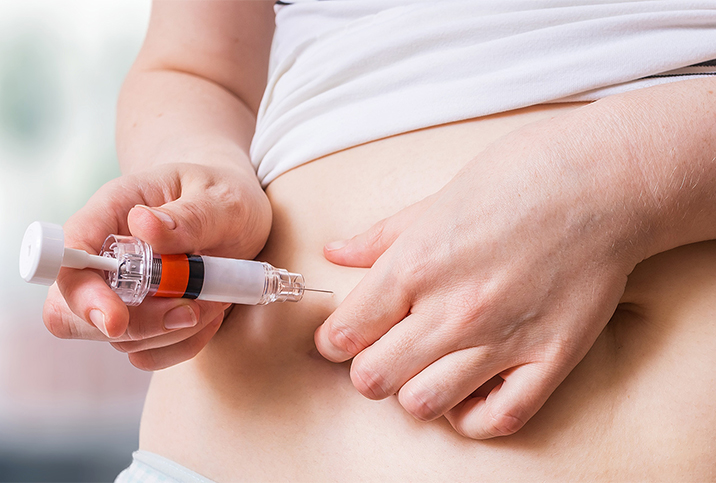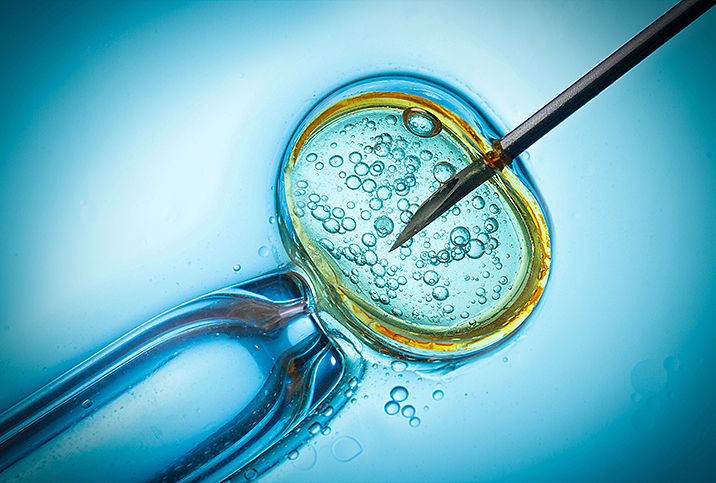Embryo Adoption: A Potential Solution to Infertility

Successful in vitro fertilization (IVF) cycles often result in the production of more embryos than couples can use. Rather than destroy the extra embryos, some couples are putting them up for adoption, thus giving couples who were previously unable to conceive a chance to experience pregnancy and childbirth.
Like traditional adoption, embryo adoption can be set up as an open, semi-open, closed or anonymous arrangement. Potential parents choose from a directory of more than 1 million frozen embryos stored in the United States, and can make their choice based on physical features or other specific traits. Once embryos are adopted, a doctor implants a previously frozen embryo from another couple in the adoptive mother’s womb.
Online services help facilitate the process with legally binding contracts to create partnerships between families.
Benefits of embryo adoption
Embryo donation and adoption is an opportunity for IVF patients to help alleviate the conception challenges faced by other couples. Instead of contending with any potential ethical concerns about discarding viable embryos, adoption provides an outlet to make everyone feel good about the situation.
For recipient families, embryo adoption makes it possible to embark on a pregnancy journey. Many couples feel pregnancy brings them closer together and helps them bond with their baby, a hurdle that may have made them apprehensive toward traditional adoption. Recipient couples who once believed pregnancy was out of their reach now have renewed hope to watch the embryo develop on ultrasounds, feel the kicks and hiccups from inside the womb and, ultimately, deliver a baby that becomes part of their family.
Typically, embryo adoption facilitators provide counselors who can help answer questions and assist throughout the process.
Cost of embryo adoption
Fertility treatments are notoriously expensive, pushing many prospective parents out of the process for having a baby. However, embryo adoption provides an alternative, comparably cost-effective solution.
Costs can be up to or beyond $15,000 for each IVF cycle and as much as $45,000 for a domestic adoption, based on estimates from several sources. Embryo adoption is generally more affordable, with total costs ranging from $7,500 to $19,500. One national organization with U.S. Department of Health and Human Services funding touts a cost of about $10,000.
Making your decision
More than 7,000 babies and counting are now alive as a result of embryo adoption. The relatively low cost and increasing need for embryo adoption as a result of prolific IVF use have driven the trend.
Even though the practice is on the rise, embryo adoption, or any other family planning approach, should not be taken lightly. While embryo adoption is a good option for want-to-be parents struggling with infertility, there is no guarantee it will be successful or right for your specific situation.
Consult with your healthcare provider and partner, if applicable, and consider seeing a professional counselor before you begin the process. Only after weighing your options and deliberating the impact of pregnancy and childbirth, let alone raising a child, can you make the best decision for your family.


















